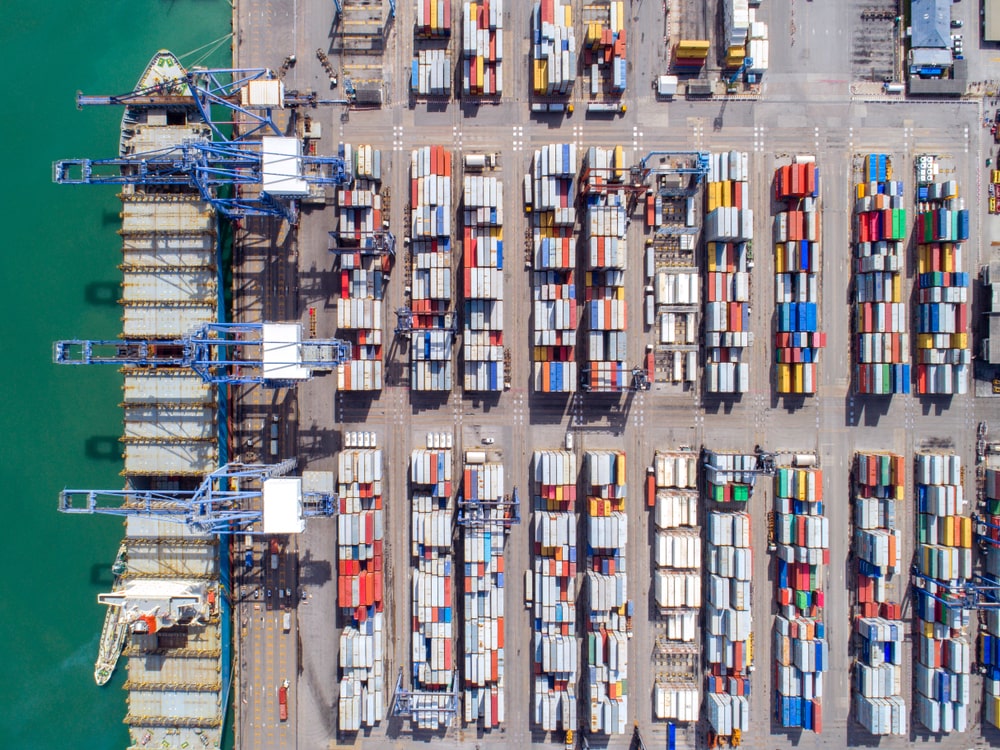
The global port congestion crisis created by the COVID-19 pandemic is showing no signs of letting up according to Maersk.
In a note to customers, Maersk stated that “unfortunately, 2022 has not started off as we had hoped”, before further adding “the pandemic is still going strong and unfortunately, we are seeing new outbreaks impacting our ability to move your cargo”.
Global port congestion has sparked a global supply chain crisis disrupting consumers and organisations alike, threatening many major economies from the USA to the UK with higher inflationary pressures, as the cost of raw materials is rising.
“All the available data shows that congestion and bottleneck problems are worsening getting into 2022 and there is indication of improvements as of yet”, remarked Sea-Intelligence, a Danish Research and Analysis company in their latest report.
The figures quoted by Maersk in their note speak for themselves. The waiting time for vessels to berth at Felixstowe is between 7 and 9 days. Meanwhile, the waiting time at Bremerhaven, Hamburg, Rotterdam, and Antwerp is four days.
In the USA, which has experienced significant port congestion in 2020-1, the waiting times are staggering. For Los Angeles, the wait time is 28 days and Long Beach is 45 days. A backlog of more than 106 vessels was waiting to enter the port on New Year’s Day according to US analysts.
This growing backlog in Southern California is not helped in that more than 1 in 10 of the daily workforce, which is about 800 dock workers, are currently unavailable to work due to contracting COVID according to Pacific Maritime Association. The US is in the midst of a large surge in COVID cases, with more than 1.35 million new COVID cases recorded in the country on the 10th January, a new global record.
With cases rising in China too (as we reported on recently with regards to Ningbo), the two largest economies are suffering from a rise in COVID cases, delayed global trade which is throwing global supply chains into chaos.
Any delays at Long Beach and Los Angeles have a huge knock-on effect on the wider US economy, as more than 40% of US containerised cargo imports from China goes through the Southern Californian complex.
Jim McKenna, Chief Executive of Pacific Maritime Association, speaking to the Wall Street Journal expected the cargo surge to continue through the next six months, if not through to the end of 2022.
With COVID cases surging across the world, and ports being clogged due to rising demand, it would be a brave person to disagree with that verdict.